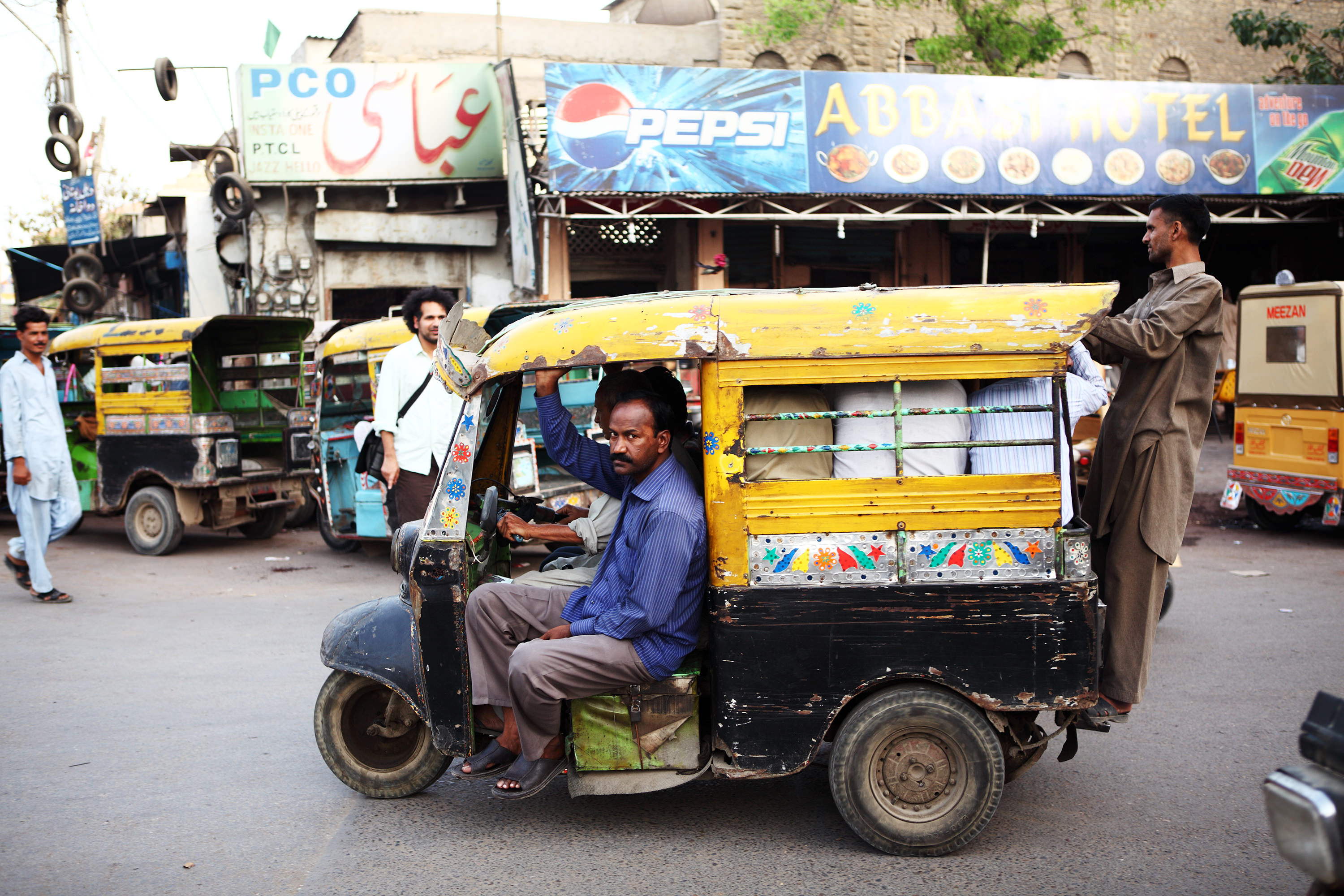This project focuses on the labour market entry situation for women in Pakistan. Social norms against women coming into close contact with unrelated men and the discomfort social stigma and threat of possible harassment when they do so, restricts women’s use of public transport in urban areas of many countries, including in South Asia. This may make a major impact on women’s ability to choose whether and how to participate in the labour market: whether to take a job, where and what type of job. Many women in Pakistan depend on male family members such as their husbands or brothers to accompany them or drop them off at work, for example using motorcycles. As a result, women are often restricted to accepting jobs which are in particular locations (not too far from home), or timings (when a male relative is available to provide transport). Their ability to attend work punctually and regularly also becomes more dependent on their male family members.
Safe and acceptable urban public transport is an under-researched intervention for women’s economic empowerment in many developing countries. Some areas have started to implement public transport interventions targeted at women, such as the women’s-only carriages on the Delhi Metro system in India. This has been seen as a highly successful initiative. Yet, the impact of such initiatives on women’s empowerment has not been rigorously evaluated, in part due to the difficulty of identifying an appropriate comparison group or counterfactual. The research uses a Randomised Control Trial of women’s-only transport and transport subsidies in Lahore, Pakistan, to help fill this gap.
We rely on the Job Talash system, which generates us a wealth of high quality administrative data on both the supply and demand sides of the labour market which we collect through high-frequency surveys. The data from our system enables us to observe exactly the same information as both sides of the market up to the point of an interview. We have conducted three pilots for the transport intervention that spanned over several months:
- Pilot on public transport, where the team operated women-only vehicles on two public transport routes. Through the findings from this pilot, we determined that a transport model of private pick-and-drop transport service from home to office would be more in-line with our study.
- Pilot on a private pick-and-drop transport service for the female employees of a single, large firm. This pilot helped us understand and improve the logistics of operating such a service as an intervention.
- Pilot on the actual offer of a pick-and-drop transport service alongside job alerts from Job Talash. This is the intervention pilot which we were scaling up.
We are also working on a series of interventions to alleviate search and matching frictions in the labour market in and around Lahore, Pakistan. We used this innovative job search platform (Job Talash) to randomly vary the information available to firms about jobseekers’ skills and preferences and the credibility of their self-reported data, as well as to jobseekers about job and firm characteristics. This allows us to quantify the importance of these frictions within a single labour market.
